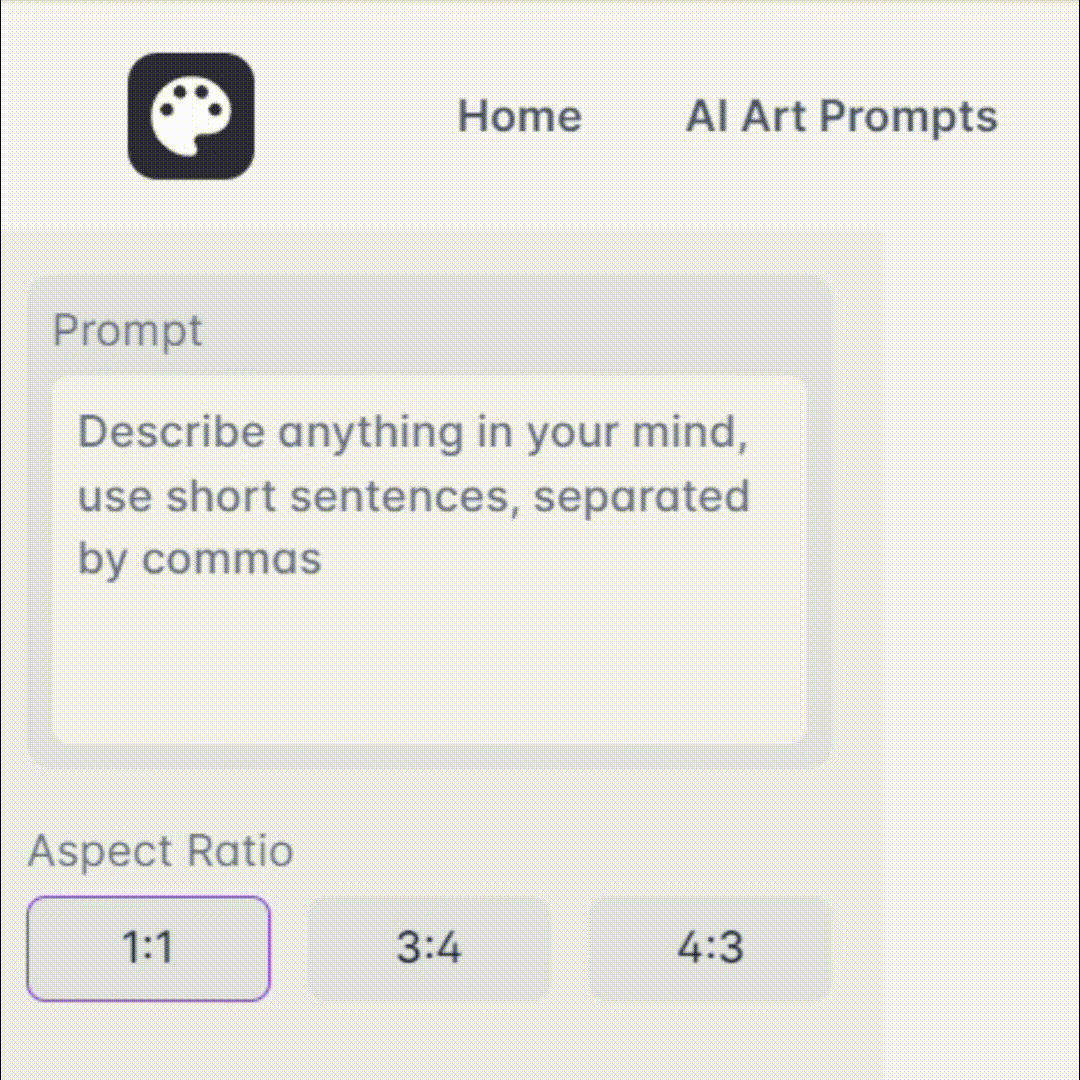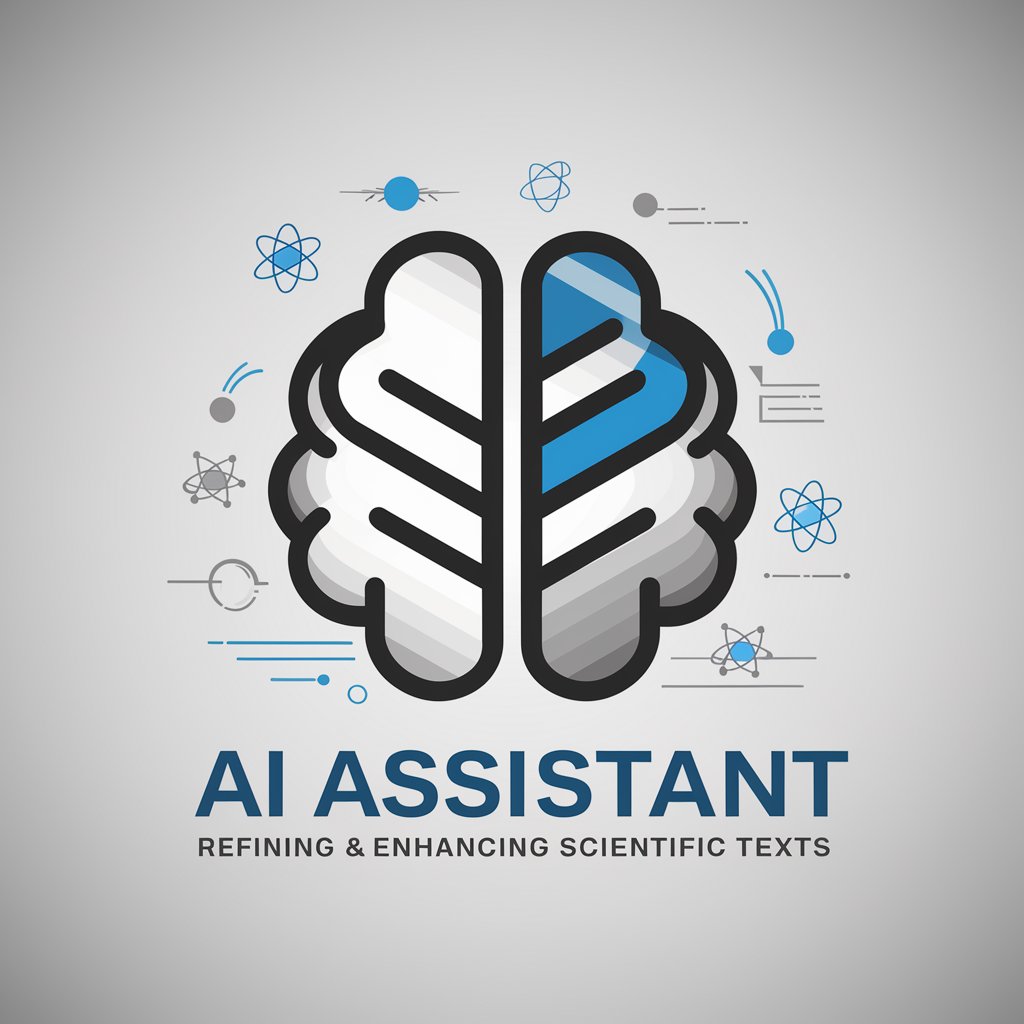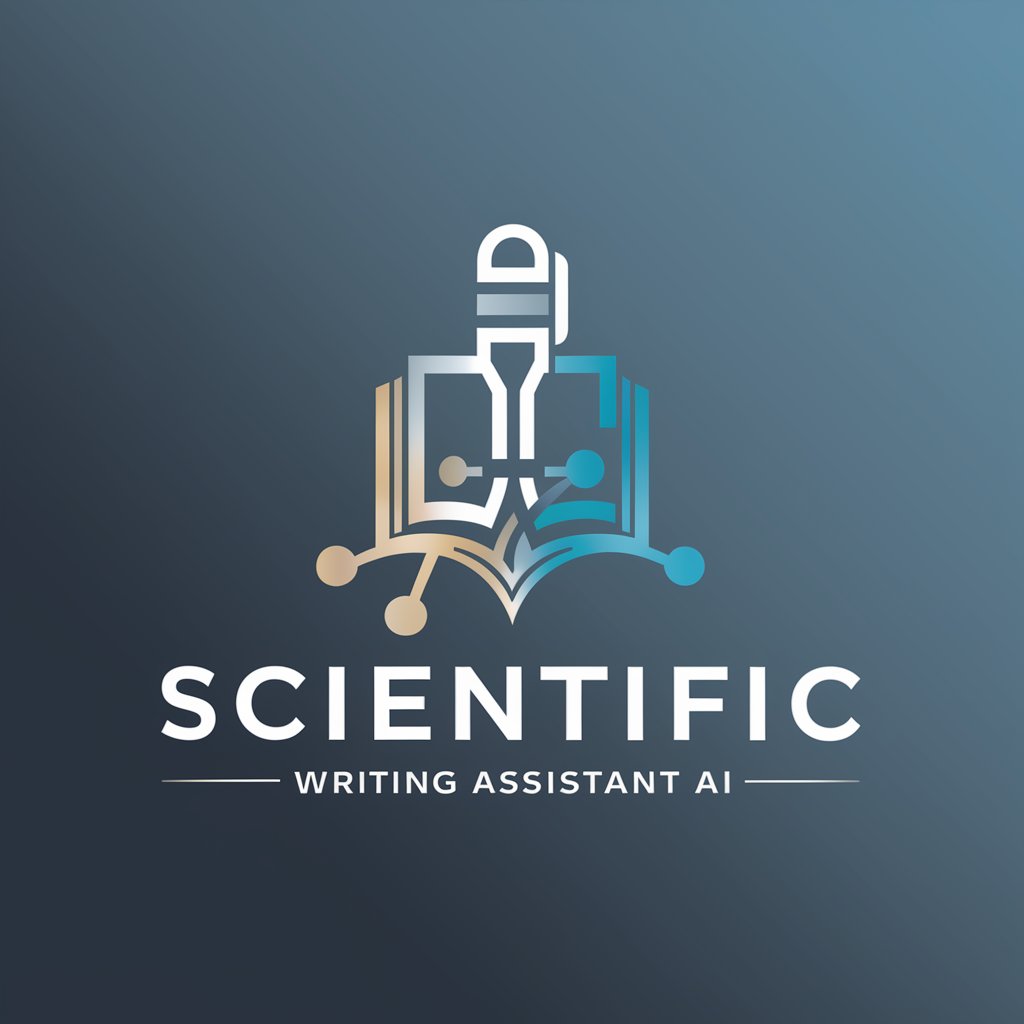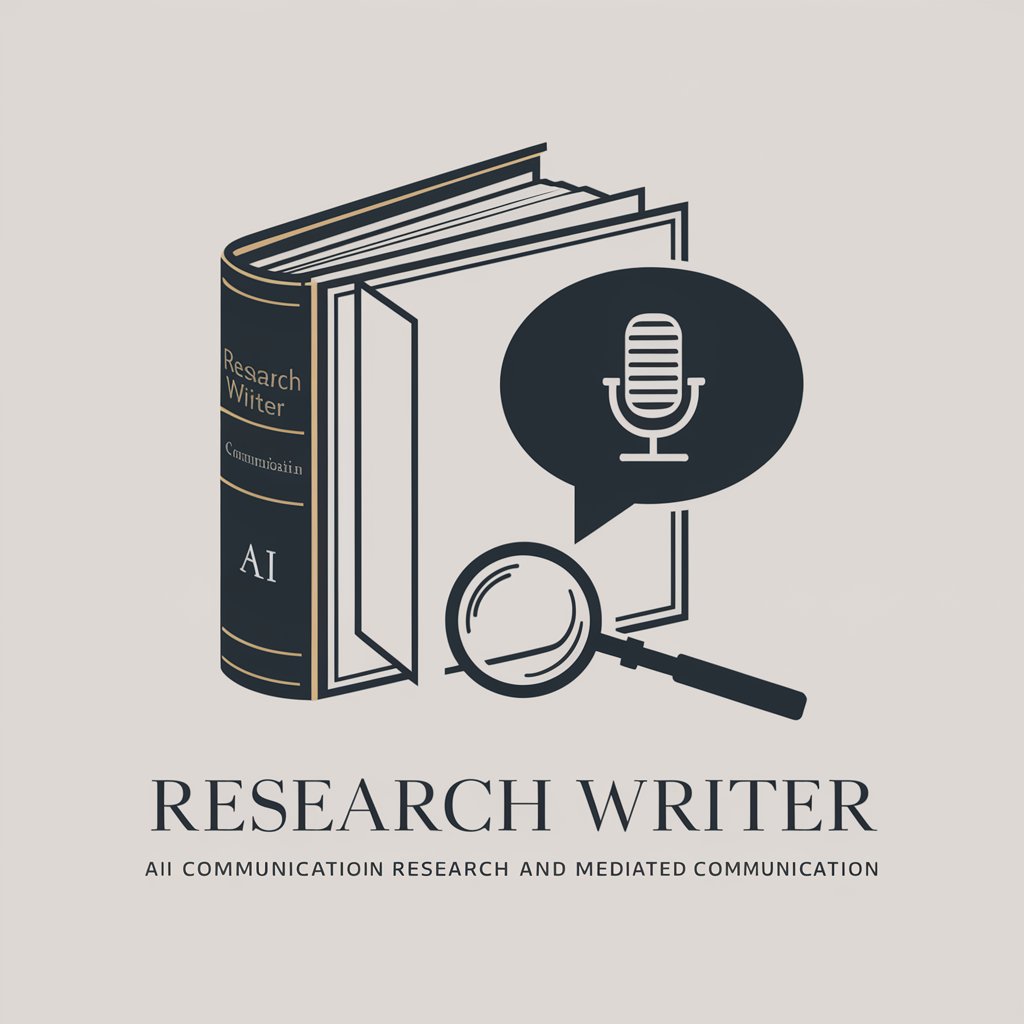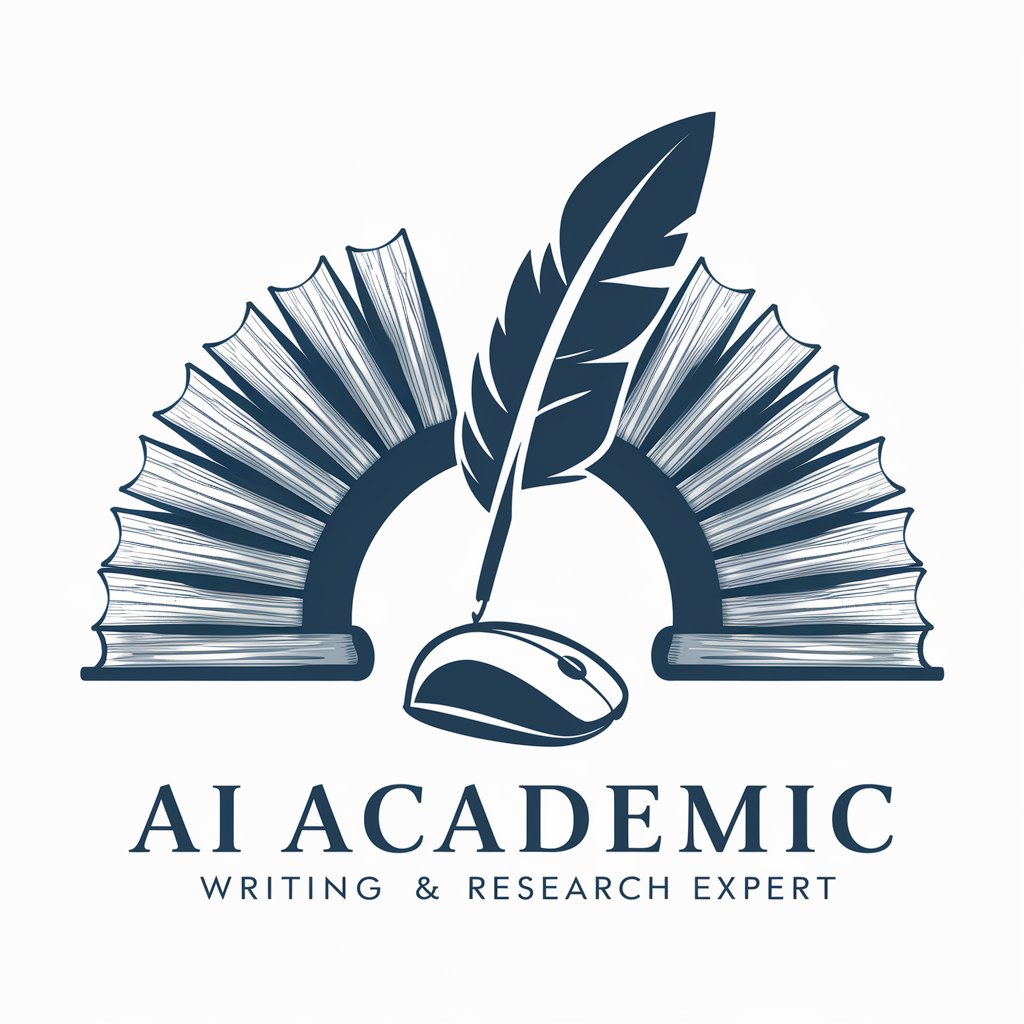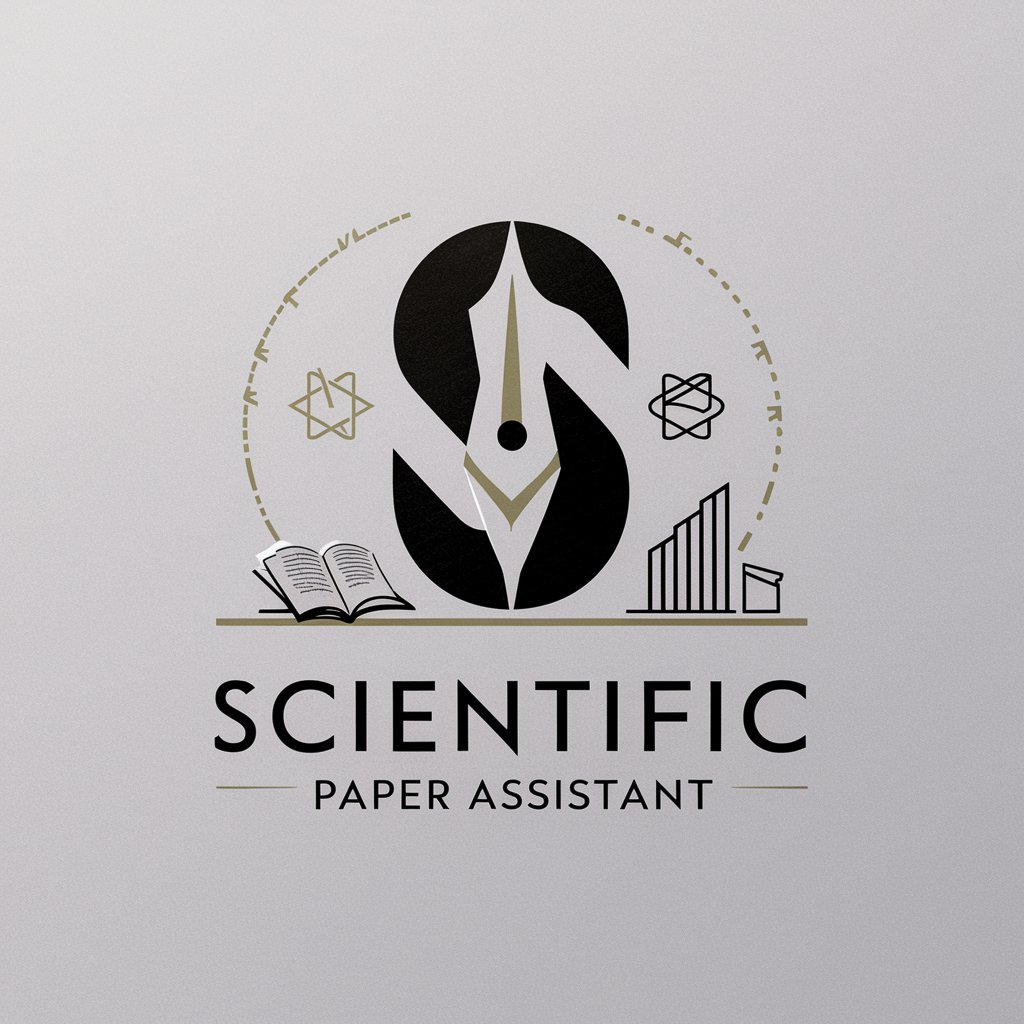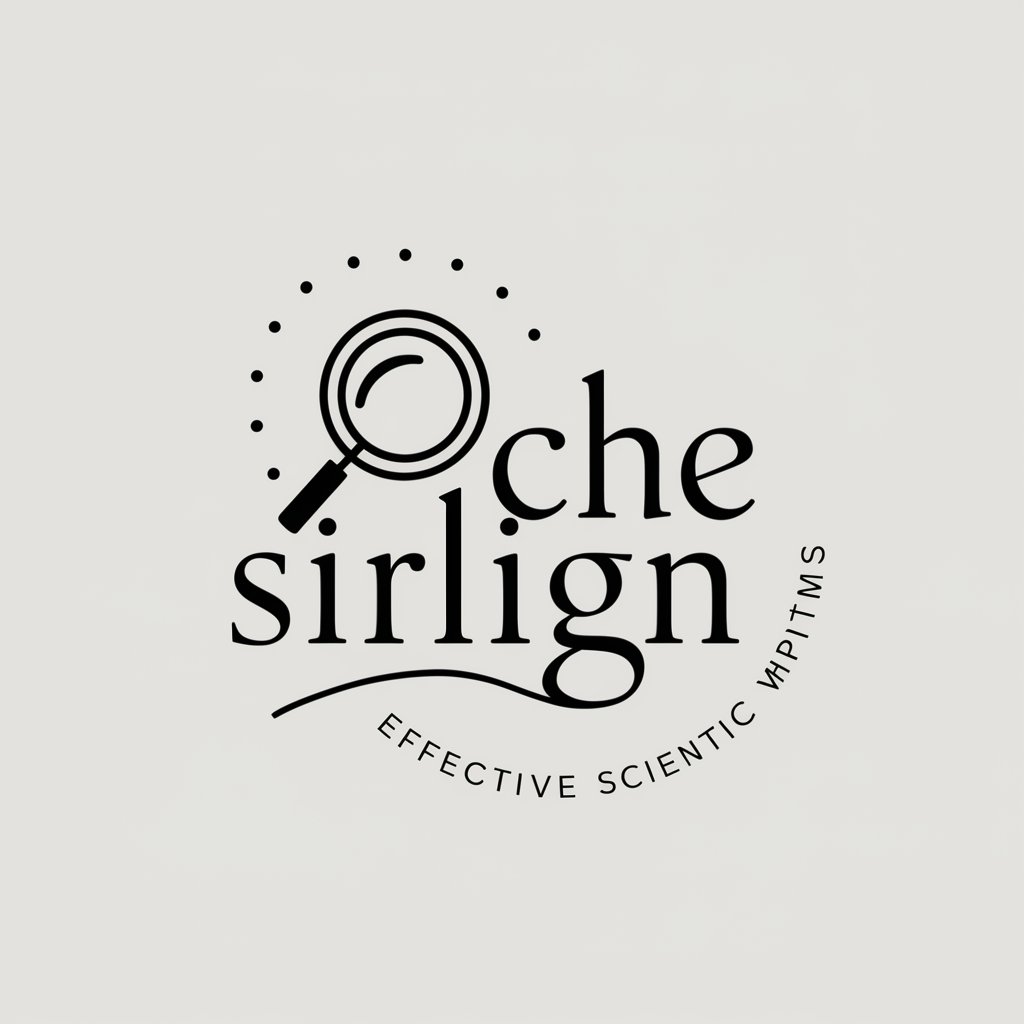
Scientific Research & Writing Guide - Scientific Writing Assistance
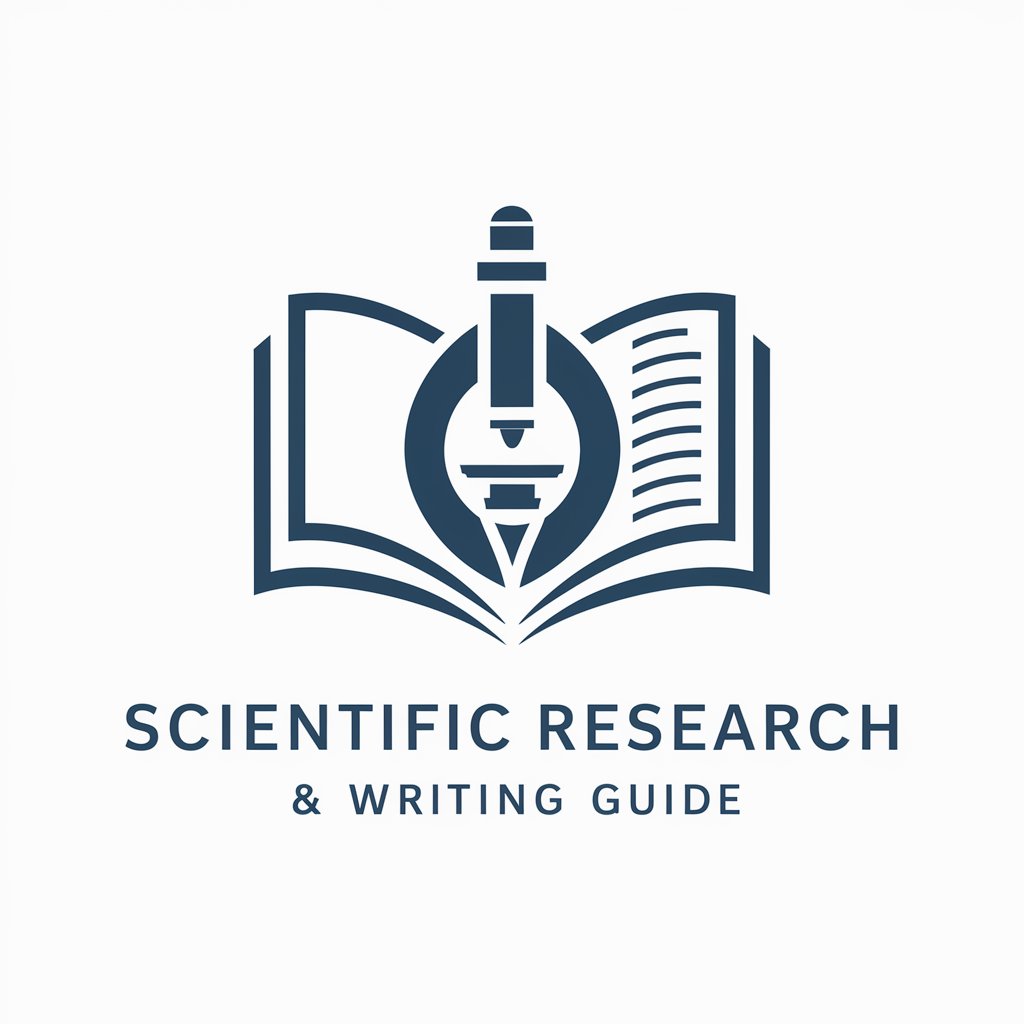
Welcome to your research and writing guide!
Enhancing Scientific Writing with AI
How can I effectively structure a scientific research article?
What are the best practices for conducting literature reviews?
How do I choose the right journal for my research publication?
What strategies can I use to improve the clarity of my scientific writing?
Get Embed Code
Introduction to Scientific Research & Writing Guide
Scientific Research & Writing Guide is designed to assist early-career researchers and those seeking to enhance their scientific writing skills in effectively communicating their research. It covers strategies for structuring research articles, understanding what editors and referees look for, developing a compelling narrative within scientific disciplines, and utilizing language effectively for clear communication. This guide is particularly beneficial for researchers for whom English is an additional language, offering insights into genre-specific writing and interdisciplinary approaches to crafting research articles. Powered by ChatGPT-4o。

Main Functions of Scientific Research & Writing Guide
Developing Writing Strategy
Example
Guidance on aligning with editorial standards and referee expectations.
Scenario
A researcher learns how to structure their manuscript to increase the likelihood of publication.
Enhancing Clarity and Effectiveness
Example
Techniques for clear communication in English, tailored to scientific writing.
Scenario
An EAL scientist employs language strategies to improve the readability of their paper.
Analyzing Structure and Language of Scientific Articles
Example
Instruction on dissecting articles for better understanding of writing conventions.
Scenario
A research group analyzes articles from their field to adopt successful writing patterns.
Providing a Structured Approach to Writing
Example
Step-by-step guidance for drafting each section of a research article.
Scenario
A novice researcher uses the guide to systematically approach the writing of their first manuscript.
Ideal Users of Scientific Research & Writing Guide
Early-Career Researchers
Individuals new to publishing who need foundational knowledge and strategies for writing and submitting research articles.
Researchers for Whom English is an Additional Language
Scientists seeking to enhance their ability to communicate research effectively in English, facing additional challenges in language usage.
Academic Mentors and Educators
Experienced researchers or educators looking for resources to guide their mentees or students in scientific writing and publishing.

How to Use Scientific Research & Writing Guide
Start Your Journey
Begin by visiting yeschat.ai to access a free trial without the need for login, or the necessity of a ChatGPT Plus subscription.
Identify Your Needs
Determine the specific aspect of scientific research or writing you need assistance with, such as literature review, methodology, data analysis, or manuscript preparation.
Upload Documents
For personalized feedback, upload any relevant drafts, research articles, or documents directly related to your query.
Engage with the Guide
Ask specific questions or seek advice on your research and writing challenges. Utilize the provided resources and examples for comprehensive understanding.
Apply and Iterate
Apply the guidance and feedback to your work. For ongoing projects, consider iterative submissions for continued improvement and tailored advice.
Try other advanced and practical GPTs
Amelia Irwing
Experience Human-Like Conversations
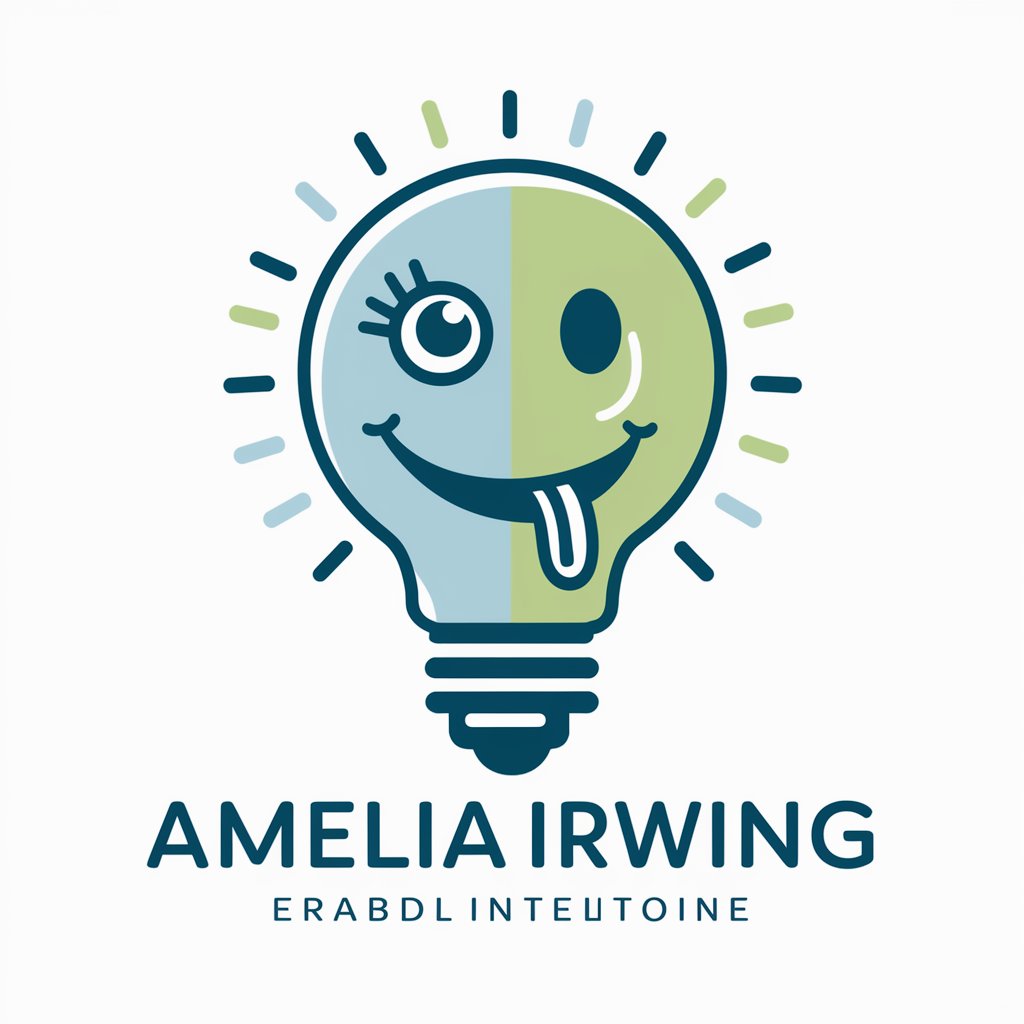
Bolt meaning?
Empowering Insights with AI

Discogs Assistant
AI-powered Discogs Exploration

MIMIC ME
Personalize your communication with AI-powered mimicry.
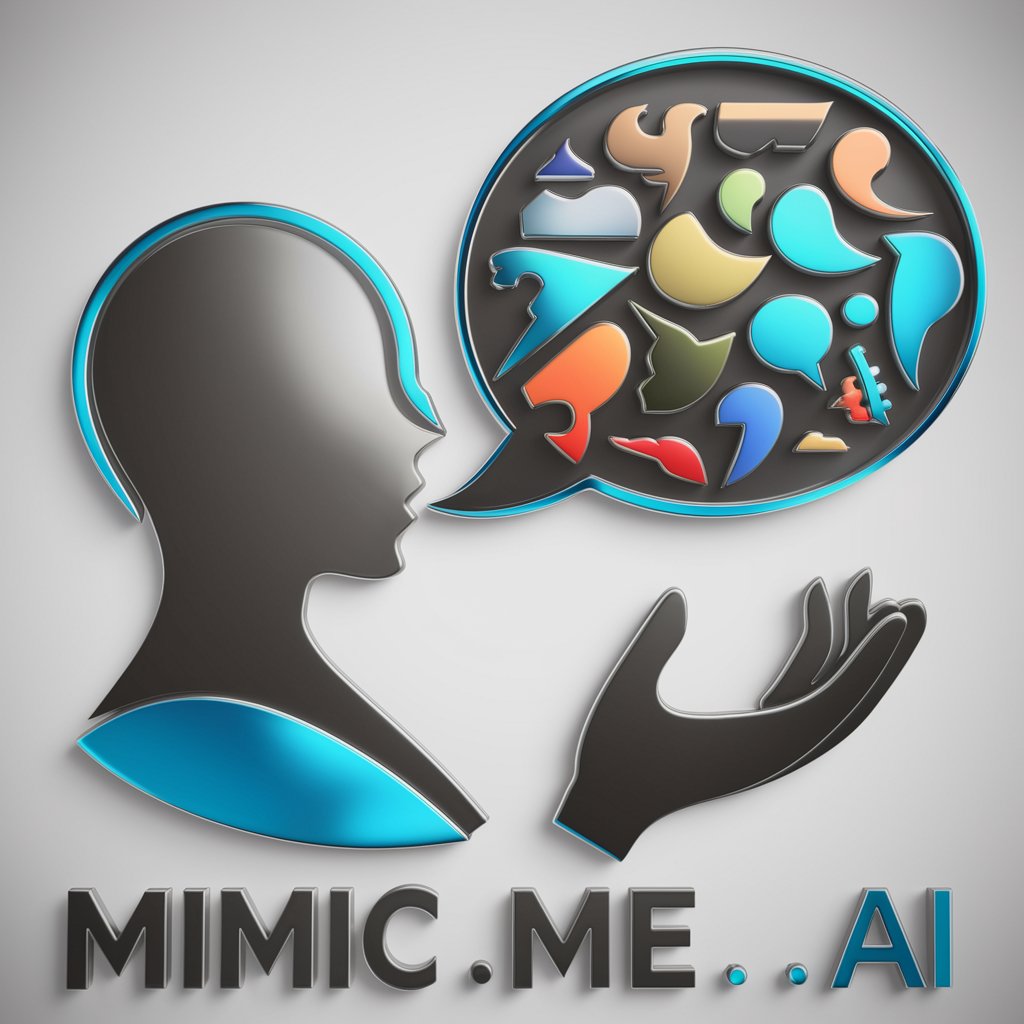
Technical training teacher
Empowering Your Technical Mastery with AI
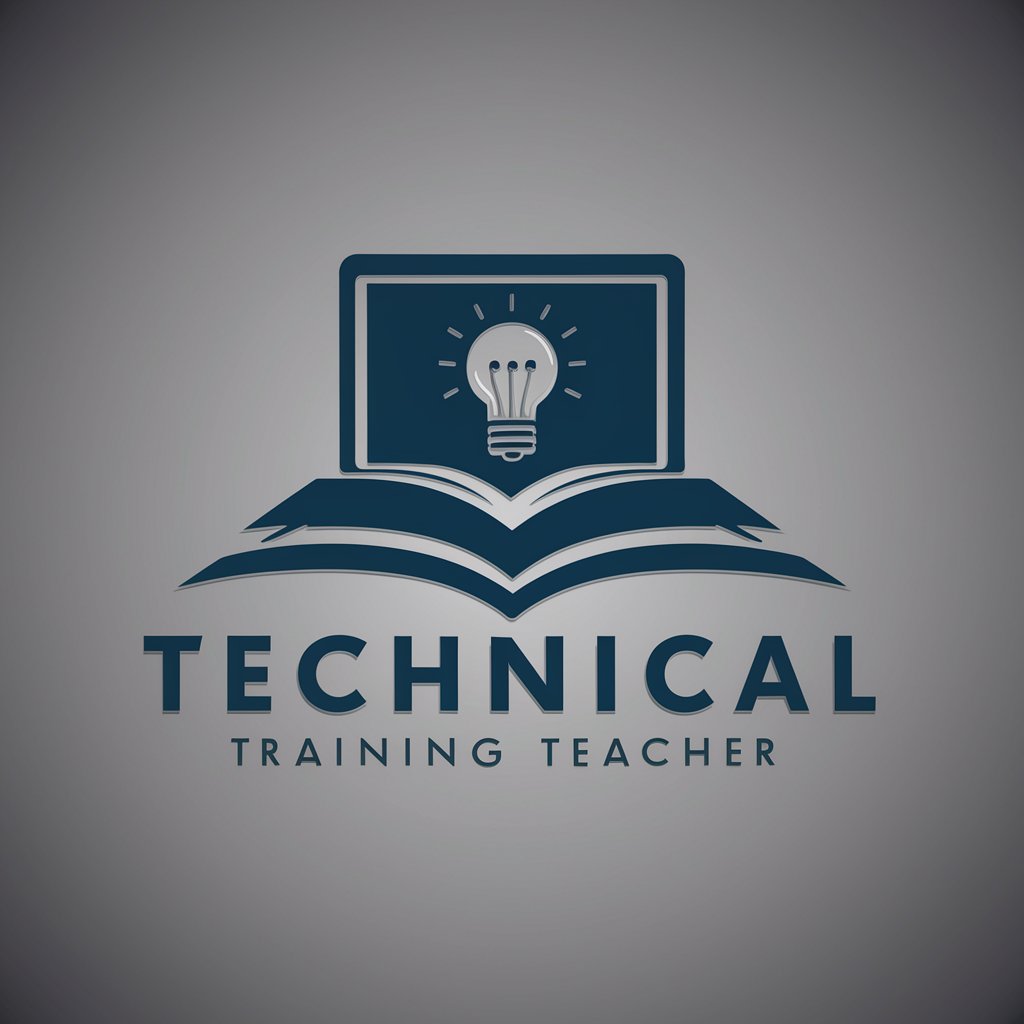
Maharashtra Culinary Guru
Explore Authentic Maharashtrian Cuisine with AI

Fashion Insight Hub
Empowering Fashion Decisions with AI

Dad[AI]Base
Bringing smiles with AI-powered dad jokes.
![Dad[AI]Base](https://r2.erweima.ai/i/MVt0EMC7R36t8gG9GGCqzA.png)
BikePro
Empowering Your Cycling Journey with AI

SEO Article Ideas
AI-powered SEO Content Generator
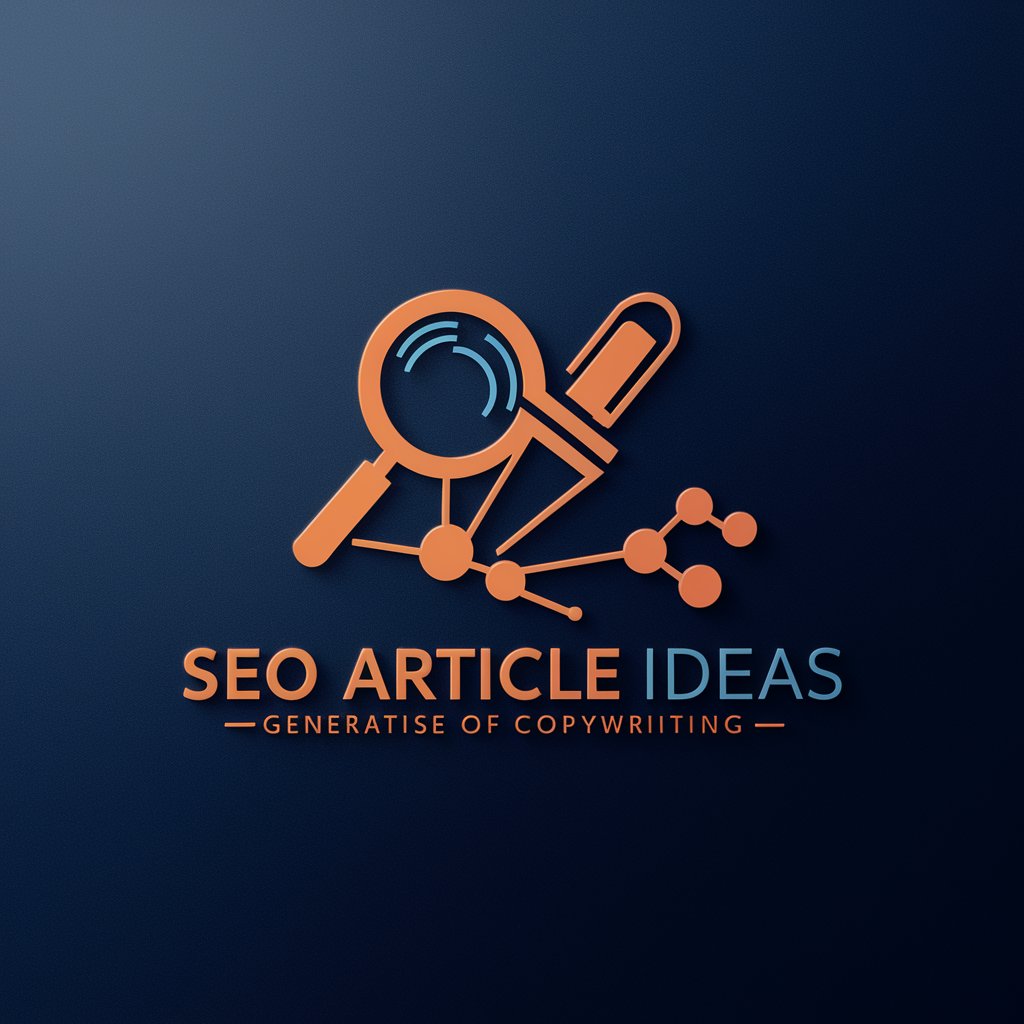
Ancient Eats Tutor
Explore ancient diets powered by AI
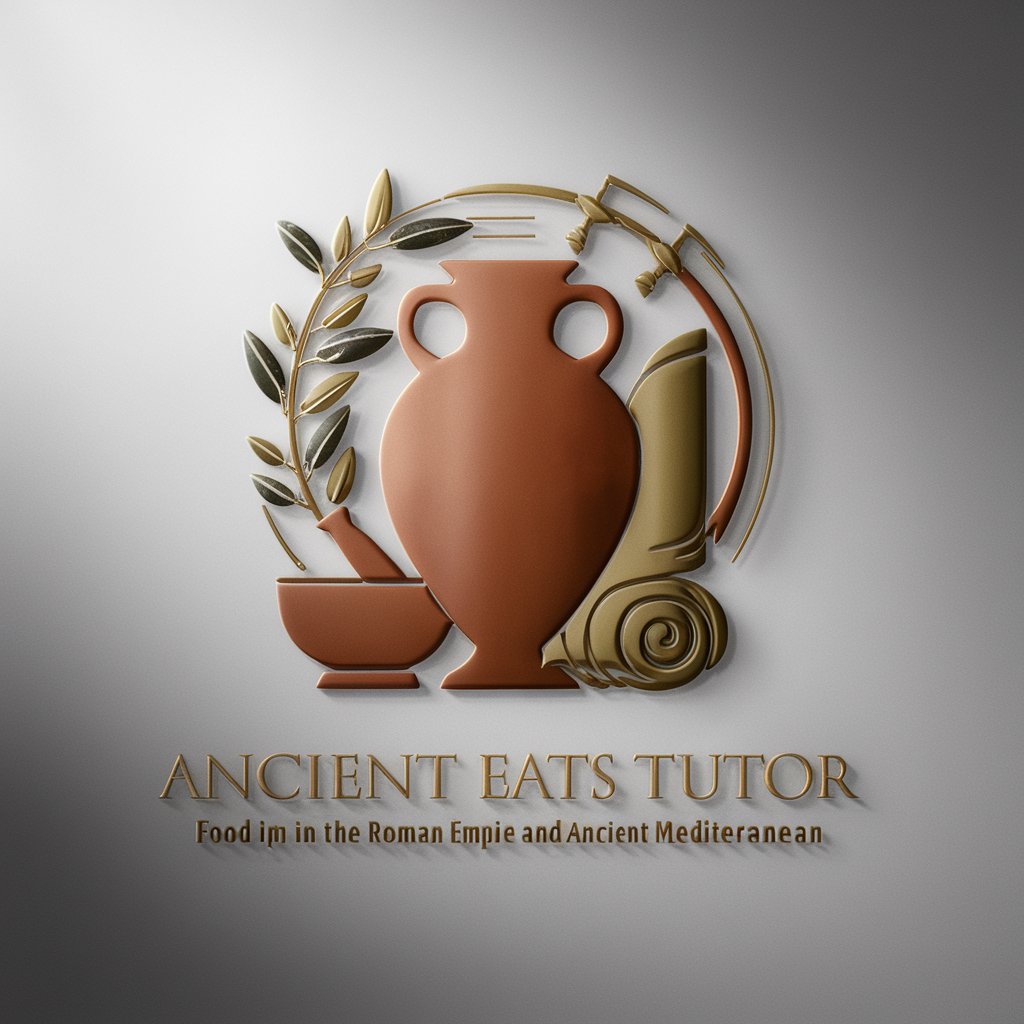
Claire
Empowering Creativity with AI Intelligence
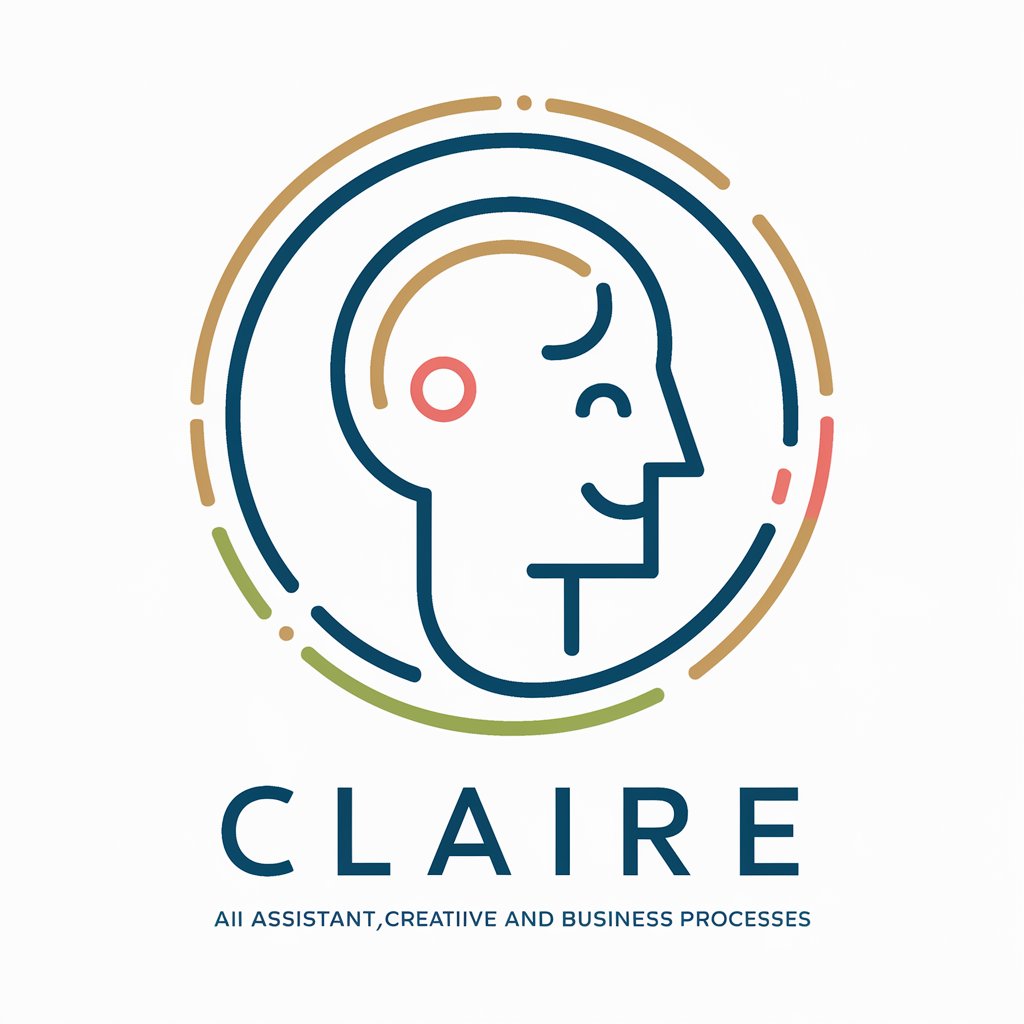
Frequently Asked Questions about Scientific Research & Writing Guide
What types of documents can I upload for analysis?
You can upload a variety of scientific documents, including draft manuscripts, research articles, data analysis reports, and more, for personalized feedback and guidance.
How can this tool help improve my scientific writing?
The tool provides detailed feedback on your writing, suggests improvements for clarity and structure, and offers advice on effectively presenting your research findings.
Is the Scientific Research & Writing Guide suitable for beginners?
Absolutely, it's designed to assist users at all levels, offering step-by-step guidance for beginners and advanced insights for experienced researchers.
Can I receive help with data analysis and interpretation?
Yes, the tool offers guidance on data analysis techniques, statistical methods, and interpreting results in the context of your research objectives.
What makes this tool unique compared to other writing aids?
Its focus on scientific research and writing, personalized feedback on uploaded documents, and the integration of AI-powered analysis tailored specifically for academic and scientific contexts.
